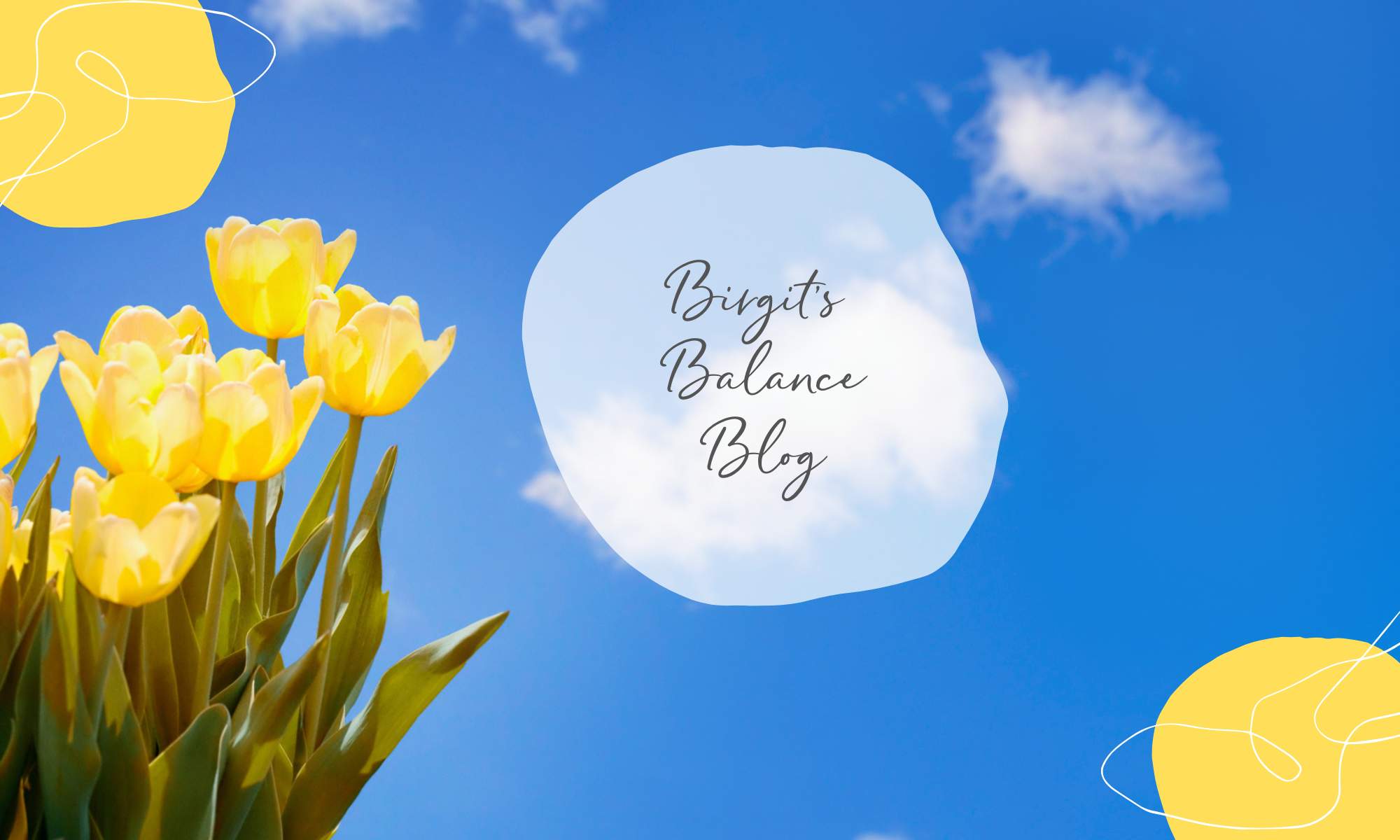
If there is one thing we humans cannot stand so well, it’s uncertainty.
We are hardwired to always seek stability, to balance “imbalances”, e.g. to bring open matters to a conclusion, to bring clarity in unclear matters and to go from uncertainty to certainty – or at least to knowledge.
It feels safe and like an anchor we can hold on to and base our decisions on.
But it is not always that simple. “I know that I do not know” was already the sound of ancient times. And not even science has certainty and all the answers – as we can see every day with the Corona topic. And this is allright and as it is supposed to be. Science has nothing to do with “knowing everything already”, but with research. It is not about having an answer to everything already, but about making assumptions based on facts and then checking them by asking the right questions.
And to dismiss them when they were wrong.
And to admit this insight.
And to be able to live with the then still or again existing uncertainty. To accept it and to start over again.
It’s a highly dynamic process.
So much for science.
Now back to real life – where, unfortunately, we do not always manage to keep this learning cycle running.
There is this hunger for quick solutions and satisfaction of needs.
So we gladly resort to the usual “quick fixes”:
We get our insights by…
- creating explanations ourselves (filling in the gaps in the facts)
- drawing on statements from others (press, social media, friends)
- drawing our conclusions solely on the basis of our own experience.
We always explain reality – or what we think is reality – in a way that fits into our mental narrative.
“Reality is merely an illusion – albeit a very persistent one.”
Albert Einstein
(If you love fables and analogies, take a look at the story of The Blind Men and the Elephant; if you are more the scientific type, here is a book tip: Thinking, fast and slow)
On a small scale, these quick fixes are not bad, sometimes fast thinking is even necessary – according to brain research we have to make about 20,000 decisions per day.
However, when applied permanently, they can lead to convictions and certainties that stand in our way. They prevent us from making progress. Because we do not question them. Because we only ever wander in our own reality and thus always come out at the same place when solving problems.
“The deeper the anchor of our conviction is in the sand, the more difficult it is to change the course of our boat when the wind is changing.”
So, what about your willingness to explore and research?
What do you think you know, what are you convinced of – and how did you end up with this certainty and these convictions?
Through pre-/assumptions? – “I thought that… “/ “This should definitely …” / “Probably they want …”
By concluding? – “If anyone behaves like this, then…” / “I’ve heard that before…”
Are your findings the result of unchecked assumptions or of validated assumptions?
Do you dare to ask?
Even if it might lead to unpleasant answers?
Who do you ask? Involved persons or third parties?
What do you ask? What do you want to have confirmed or what you want to know?
How do you ask? Suggestive-rhetorical or open?
How do you deal with surprising answers?
Are you grateful for insight and openness or are you unbelieving?
And even if questions are not possible or do not lead to certainty, can you live with it?
Or do you resort to the Quick Fix after all?
Dare to ask and question.
What you hear, what you are told, what you perceive – but above all, what you conclude.
Dare to question your own assumptions.
Whenever possible, ask directly. Works especially well with assumptions about people and their behaviour.
Talk to people, not about them.
And if it is not possible to check your assumptions, be humble.
Know that you probably do not know
Stand this shade of gray.
Binary judgement may feel easier, but it won’t get you anywhere.
“As long as you need heroes or culprits to explain a situation or problem plausibly, you haven’t understood it yet.”
Gerhard Wohland
Where could you switch from explanation to question mode next week?
Which blocking assumptions could you courageously reveal by asking questions and exploring them?
Dare to ask and be open to surprises!
Yours,
Birgit
